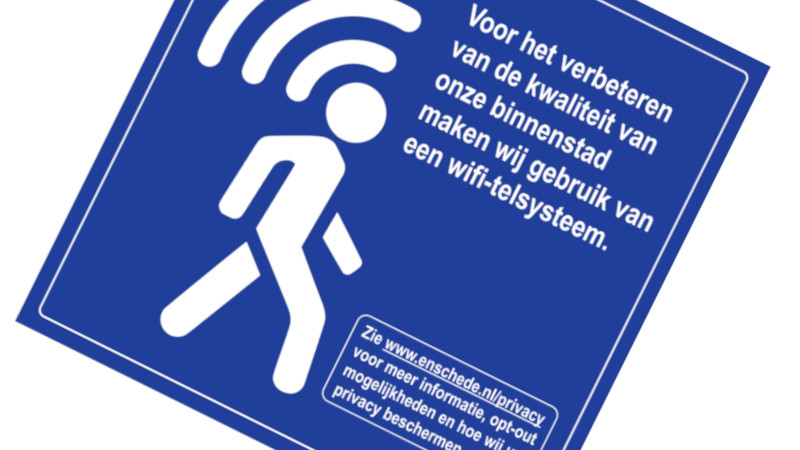
It’s not often that events in our sphere of technology hackers have ramifications for an entire country or even a continent, but there’s a piece of news from the Netherlands (Dutch language, machine translation) that has the potential to do just that.
Enschede is an unremarkable but pleasant city in the east of the country, probably best known to international Hackaday readers as the home of the UTwente webSDR and for British readers as being the first major motorway junction we pass in the Netherlands when returning home from events in Germany. Not the type of place you’d expect to rock a continent, but the news concerns the city’s municipality. They’ve been caught tracking their citizens using WiFi, and since this contravenes Dutch privacy law they’ve been fined €600,000 (about $723,000) by the Netherlands data protection authorities.
The full story of how this came to pass comes from Dave Borghuis (Dutch language, machine translation) of the TkkrLab hackerspace, who first brought the issue to the attention of the municipality in 2017. On his website he has a complete timeline (Dutch, machine translation), and in the article he delves into some of the mechanics of WiFi tracking. He’s at pains to make the point that the objective was always only to cause the WiFi tracking to end, and that the fine comes only as a result of the municipality’s continued intransigence even after being alerted multiple times to their being on the wrong side of privacy law. The city’s response (Dutch, machine translation) is a masterpiece of the PR writer’s art which boils down to their stating that they were only using it to count the density of people across the city.
The events in Enschede are already having a knock-on effect in the rest of the Netherlands as other municipalities race to ensure compliance and turn off any offending trackers, but perhaps more importantly they have the potential to reverberate throughout the entire European Union as well.
0 Commentaires